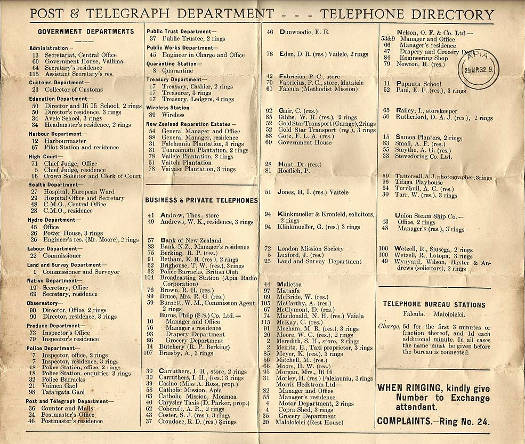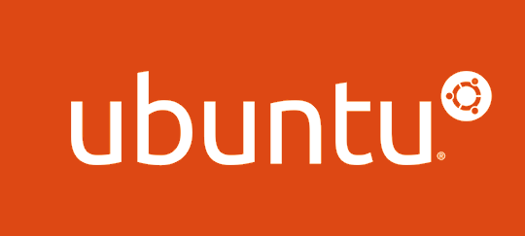Hook one of these BLE babies up with facial recognition technology and we’ll be living smack dab in the middle of a Philip K. Dick novel.

Roblimo’s Hideaway
Do you spend a lot of time thinking about Bluetooth Low Energy (BLE) beacons? Unless you run a retail store, probably not. But if you do run a store (or stores) along with an e-commerce operation, BLE is a hot new thing you are either using already or thinking about using before long.
Robin “Roblimo” Miller is a freelance writer and former editor-in-chief at Open Source Technology Group, the company that owned SourceForge, freshmeat, Linux.com, NewsForge, ThinkGeek and Slashdot, and until recently served as a video editor at Slashdot. Now he’s mostly retired, but still works part-time as an editorial consultant for Grid Dynamics, and (obviously) writes for FOSS Force.


















